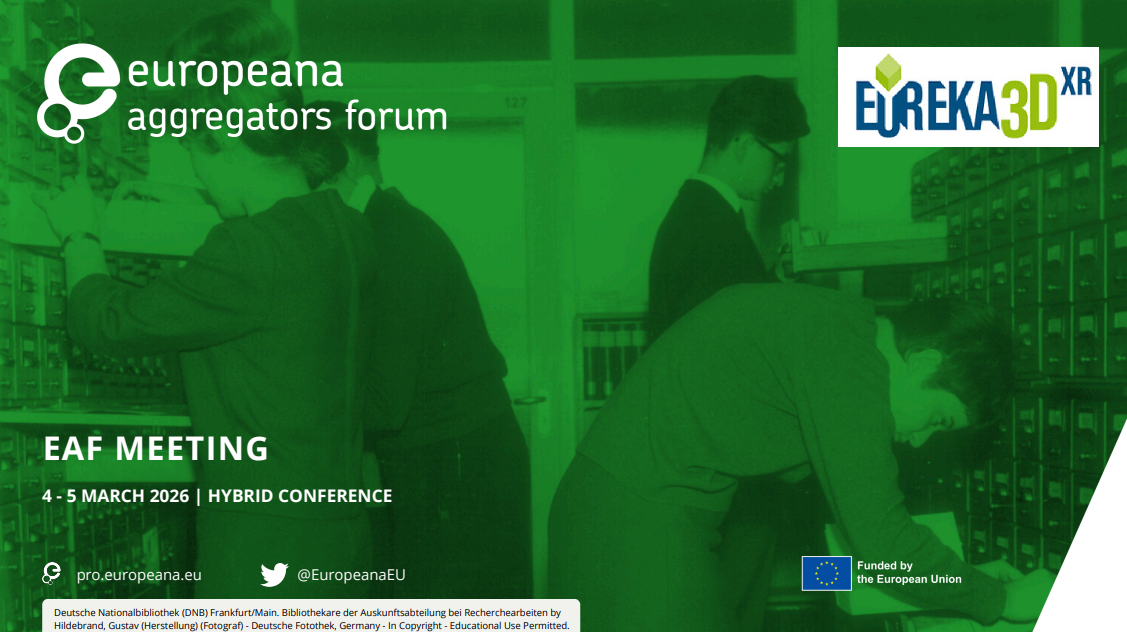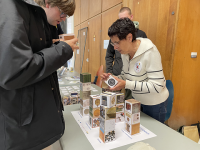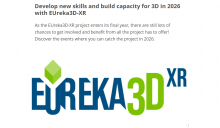Login Status
-
Free text
UPCOMING EVENTS:
 Wrocław University of Environmental and Life Sciences, 4th of Match 2026
Wrocław University of Environmental and Life Sciences, 4th of Match 2026The international conference “Cross-border cooperation in the era of challenges and transformation – space, energy, climate, culture” will be held on 4 March 2026 at the Wrocław University of Environmental and Life Sciences, in Wrocław, Poland. The conference will explore key issues facing border regions, from … Continue reading →
 Girona and online, 29 January 2026
Girona and online, 29 January 2026With over 50 participants on site and a equal number of attendees online, EUreka3D-XR organized a Capacity Building and demonstration event. The demonstration comes at a moment when the project’s progress in the development of tools and pilot scenarios has … Continue reading →
Topic: digital preservation

«Citizen science is a way for average people, like you and me, to do real “help answer the big questions” science, even if you never finished high school». So Chandra Clarke, president of editing and proofreading company Scribendi.com, recently speaking at the TEDx Chatham-Kent event on the topic of citizen science. Her talk highlighted the potential of amateur science and the various ways in which the public can engage in academic research. Continue reading
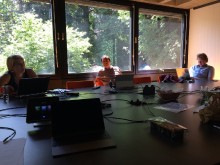
Europeana Space acknowledges the key role of digital cultural heritage to enhance education learning and training since the very beginning of the project. A dedicated task on education and training material is foreseen in the project planning and led by … Continue reading
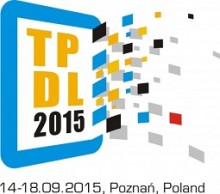
The International Conference on Theory and Practice of Digital Libraries (TPDL) constitutes a leading scientific forum on digital libraries that brings together researchers, developers, content providers and users in the field of digital libraries. TPDL 2015 is organised by Poznań Supercomputing and Networking Center and will be held in Poznań, Poland, on September 14-18, 2015. EARLY REGISTRATION CLOSES ON 31ST OF JULY! Continue reading
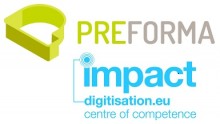
A cooperation agreement has been signed between PREFORMA and the Impact Centre of Competence in digitisation for the promotion and presentation of the respective results and the organisation of joint events and activities, focusing in particular on the use and quality check of common standards for digitisation and long term preservation of textual content. Continue reading
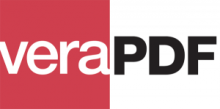
The first public prototype of veraPDF’s validation software has been released. veraPDF is developing the definitive open source, file-format validator for all parts and conformance levels of ISO 19005 (PDF/A). The software is designed to meet the needs of memory institutions responsible for preserving digital content for the long term. Continue reading
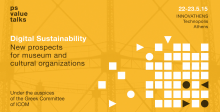
The two-day conference PS Value Talks Digital Sustainability – New prospects for museums and cultural organizations called on 22nd and 23 of May 2015 dleading representatives of European Union institutions to talk about six themes and present the newest trends … Continue reading

PREFORMA is looking for memory institutions willing to be involved in testing the open source conformance checkers which are currently under development, by checking the process of the conformity tests with your own files and by considering your requirements for the technical iterations. Join us! Continue reading

Heather Ryan, Assistant Professor in the Library and Information Science Program in the University of Denver’s Morgridge College of Education, launched a survey designed to collect information on file format evaluation factors, and perceptions of trust and usefulness of a semi-automatic file format warning and recommendation system. Continue reading
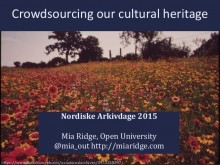
Magnus Geber from Riksarkivet visited the Nordic Archival Conference “Nordiske Arkivdage 2015”, where he delivered a presentation of PREFORMA during a small meeting with IT-archivist from the National Archives of the Nordic countries. Continue reading

The course is being held in Madrid, at LINHD (Laboratorio de Innovación en Humanidades Digitales), from 13 to 17 July 2015, with the sponsorship of DiXiT – Digital Scholarly Editions Initial Training Network. The various programme sessions aim to complete the participants’ training, in order for them to become familiar with text transformation via different languages (HTML, CSS, XSLT) and formats (ePub). The competences acquired will enable the students to know the whole digital editing process and to generate several kind editions (scientific, didactic). Continue reading


